Just a day ahead of Putin’s visit the US had cautioned its allies, especially India, not to enter into transactions with Russia and warned that it would trigger American sanctions. The audacity of the US could be gauged from the fact that a state department official said, “We urge all of our allies and partners to forgo transactions with Russia that would trigger sanctions under CAATSA.” It is good that defence minister Nirmala Sitharaman held her ground. A report for Different Truths.
The signing of the agreement for the purchase of a multi-billion S-400 missile defence system between India and Russia is a historical event, but more than that Russia taking the initiative to iron out differences between India and Pakistan would prove to be a major step towards changing the geopolitical situation in South East Asia.
In recent years notwithstanding the strong bilateral relations with Russia, the Indian government was concerned about the growing ties between Pakistan and Moscow. But the first thing Putin accomplished on landing in Delhi was to allay Indian fears by dismissing concerns over the growing Pak-Russia ties, described them as ‘ridiculous’. Talking to newsmen he said; “Russia had deep cooperation with India that could not preclude ties with other countries. Russia’s relations with Pakistan will have no impact on trade between India and Russia.” He also said;” There is no other country in the world that we have such deep cooperation with”.
Besides the socialist background of Russia, this skepticism has made the Modi government tilt more towards the US. But the Modi government move to purchase S-400 missile system has not gone down well with the Trump administration. The US has been contemplating to slap sanctions against India. The apparent reason for Trump administration hardening its stance against India may relate to Indian purchase, but it is Putin’s offer to mediate between India and Pakistan and try to ease tensions between the two countries that has irked the American administration. No doubt the US has been extending verbal support to India in its fight against terrorism, but it has not adopted a hard posture against Pakistan on this issue.
India is also battling to avoid a law the US government signed last year imposing sanctions on those who do business with Russia’s military and intelligence sectors. The law, Countering America’s Adversaries Through Sanctions Act (CAATSA) threatens to impinge on India’s massive defence trade with Russia. Recently sarcastically described as “tariff king”, India’s relations with the US have also been hit by trade frictions. New Delhi is still waiting for an exemption from higher tariffs on steel and aluminium imports announced by the Trump administration.
The US is also imposing tougher visa rules that target India’s information technology industry. Well-placed sources confide even if Trump refrains from imposing sanction, it will tighten visa rules putting a check on the flow of job seekers to US. None can deny that the Trump administration is oblivious to the harm it is doing to relations with friendly allies. In this backdrop India may be forced to redraw its policy towards the US. But for India this would prove to be a boon in disguise. The sooner India comes out of the US trap it would be better for India.
Due to the acrimonious standoff between the US and Russia, which has gone on to levels that didn’t exist even during the Cold War, the relation between India and US would also get strained. India must make a decision in its own interest.
It is sad that BJP has yet to throw its anti-socialist sentiments away. Though the Modi government has been doing business with Russia and China, its archaic mindset prevents it from accepting the ground realities.
Deepening Russian and Indian economic ties stretch back to the Soviet era. In recent times Russia facilitated India’s membership in the Shanghai Cooperation Organisation and endorsed New Delhi’s long-pending demand for a permanent seat at the UN Security Council. Moscow is also pushing for India’s entry into the Nuclear Suppliers Group, a club of countries controlling access to sensitive nuclear technology. India must walk a tight rope between Moscow and Washington, but it certainly should not be at the cost of Indian interest and simply to appease the Trump administration.
Just a day ahead of Putin’s visit the US had cautioned its allies, especially India, not to enter into transactions with Russia and warned that it would trigger American sanctions. The audacity of the US could be gauged from the fact that a state department official said, “We urge all of our allies and partners to forgo transactions with Russia that would trigger sanctions under CAATSA.” It is good that defence minister Nirmala Sitharaman held her ground when she said; “India has maintained its sovereignty as regards to its relationship with countries. We shall maintain it in all earnestness”.
The visit of Putin is quite significant from the point of preparation for a strong defence system and establishment. It would have lasting implications on India-U.S. bilateral relationship. Putin landed in Delhi on Thursday for the annual India-Russia summit, which witnessed signing of military deals totalling close to $10 billion. The three major military deals include five S-400 missile systems, estimated to cost about ₹39,000 crore (more than $5 billion), four stealth frigates and a deal for AK-103 assault rifles to be manufactured in India.
S-400 is one of the world’s most advanced long-range air defence systems. China was the first nation to buy it in 2014. Russia has already started deliveries of an undisclosed number of the S-400 missile system to Beijing. Putin’s visit to India is being watched closely not just by Washington, but also Beijing. The trip comes at a time when Russia and China are strengthening ties with each other.
India has been so crucial to the interest of America that in March the US formally changed the name of its Pacific Command to the Indo-Pacific Command. The US officials clarified later that this was done in keeping with the country’s strategic focus spanning both the Pacific and Indian Oceans. Nevertheless, Russia’s active Asian diplomacy is part of its escalating global rivalry with the United States.
The time has come for the Modi government to take a relook at its US policy. No more can India tolerate the big brotherly attitude of the US. It must convey the message that India has to look beyond friendship with US for preserving its sovereignty. The government ought to realise that in sharp contrast to the strained relations with Western powers, Russia has good and stable relations with India.
Arun Srivastava
©IPA Service
Photo from the Internet

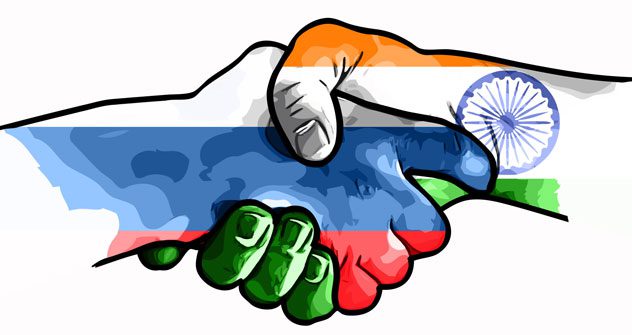
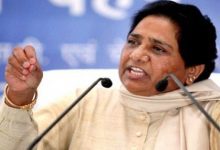

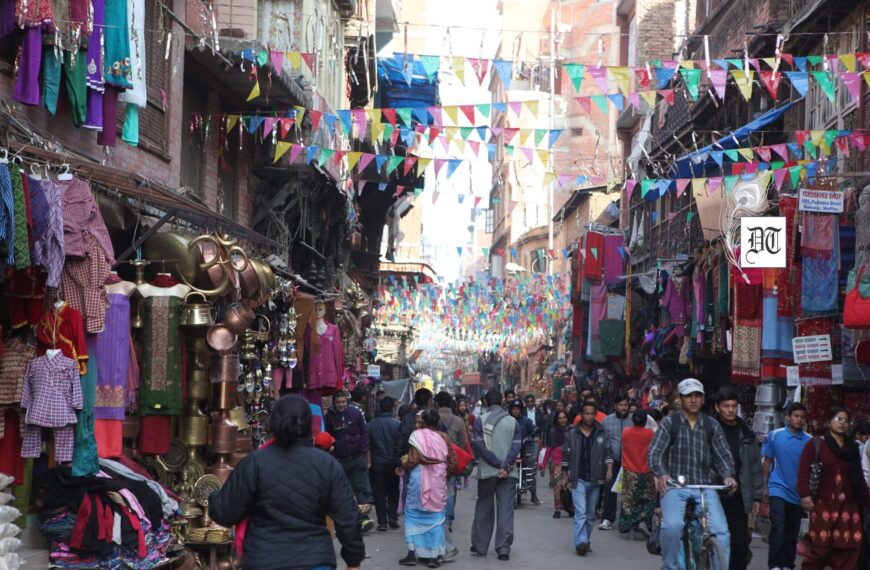
 By
By
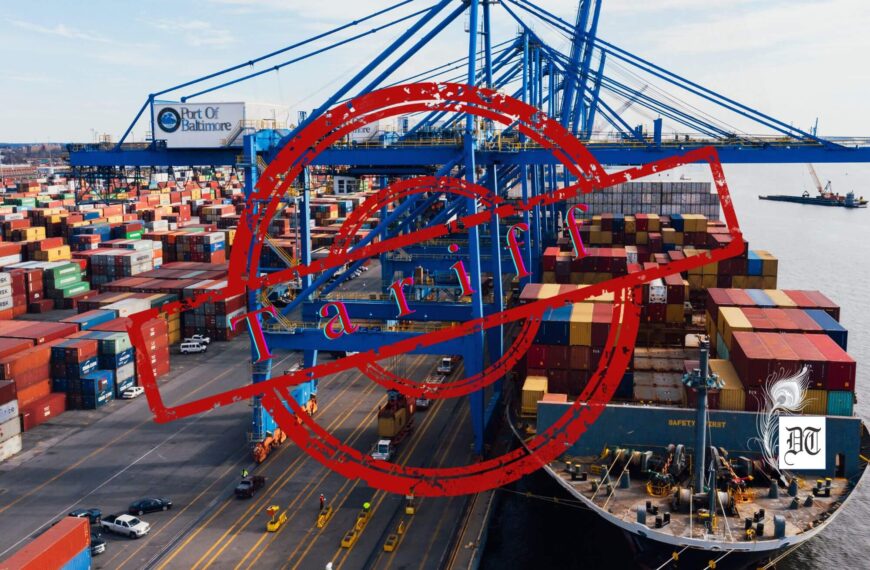
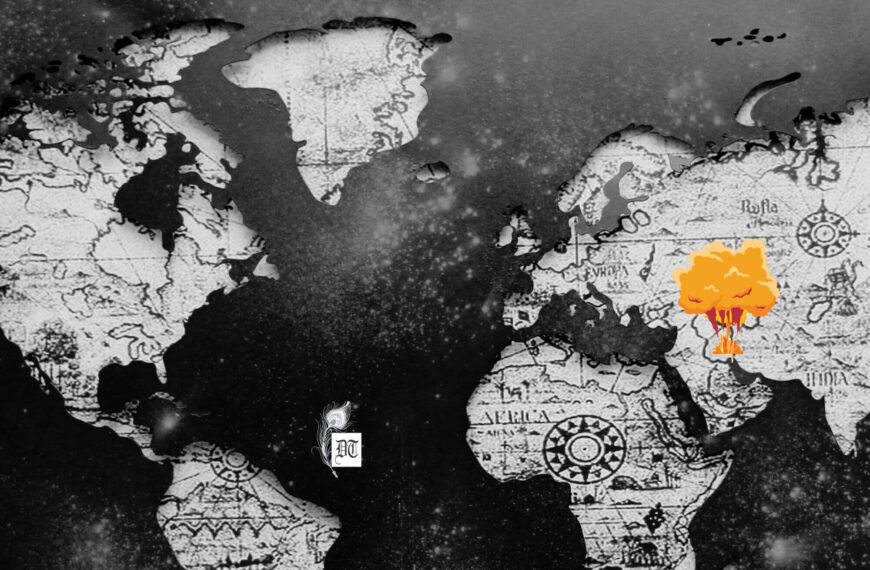
 By
By